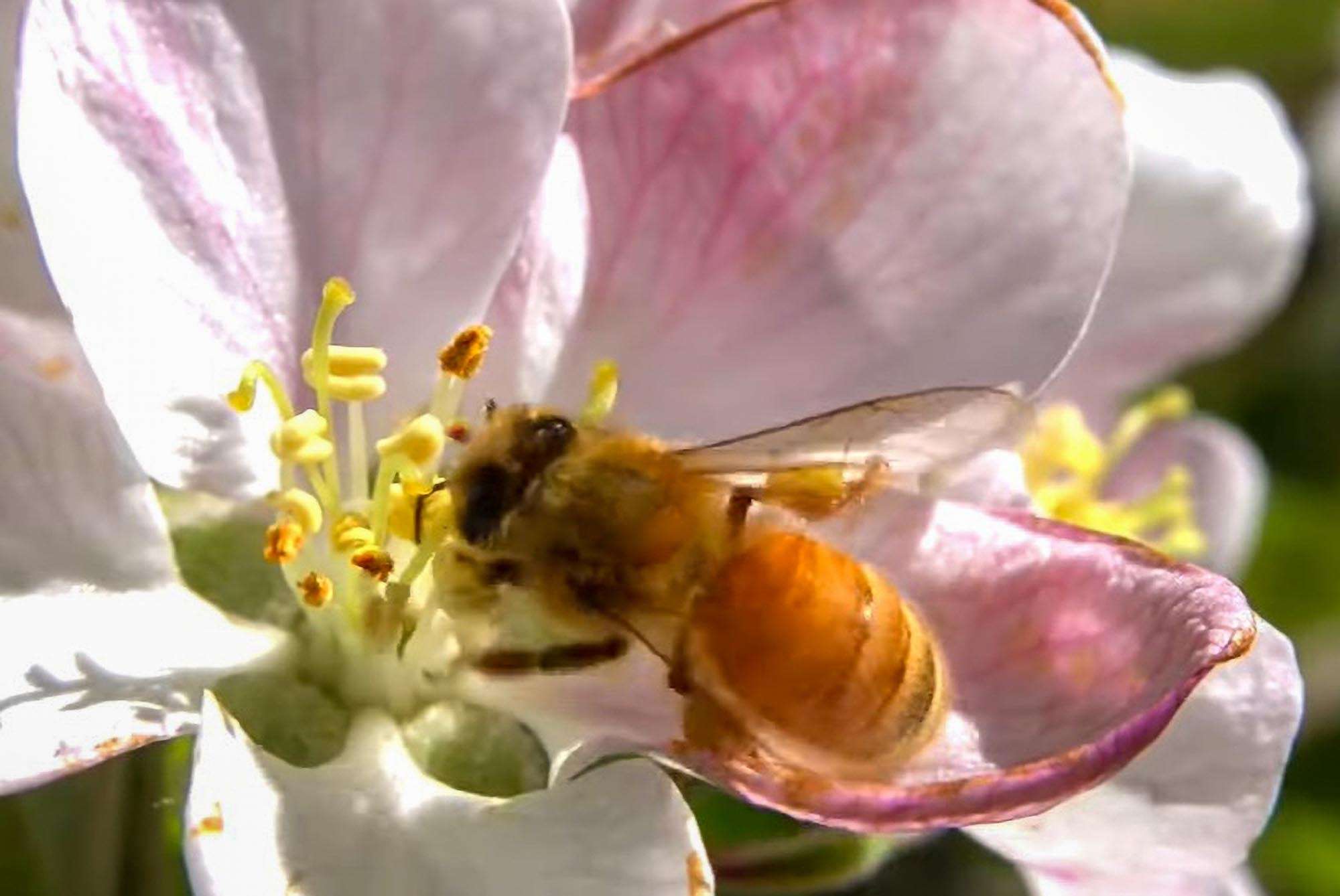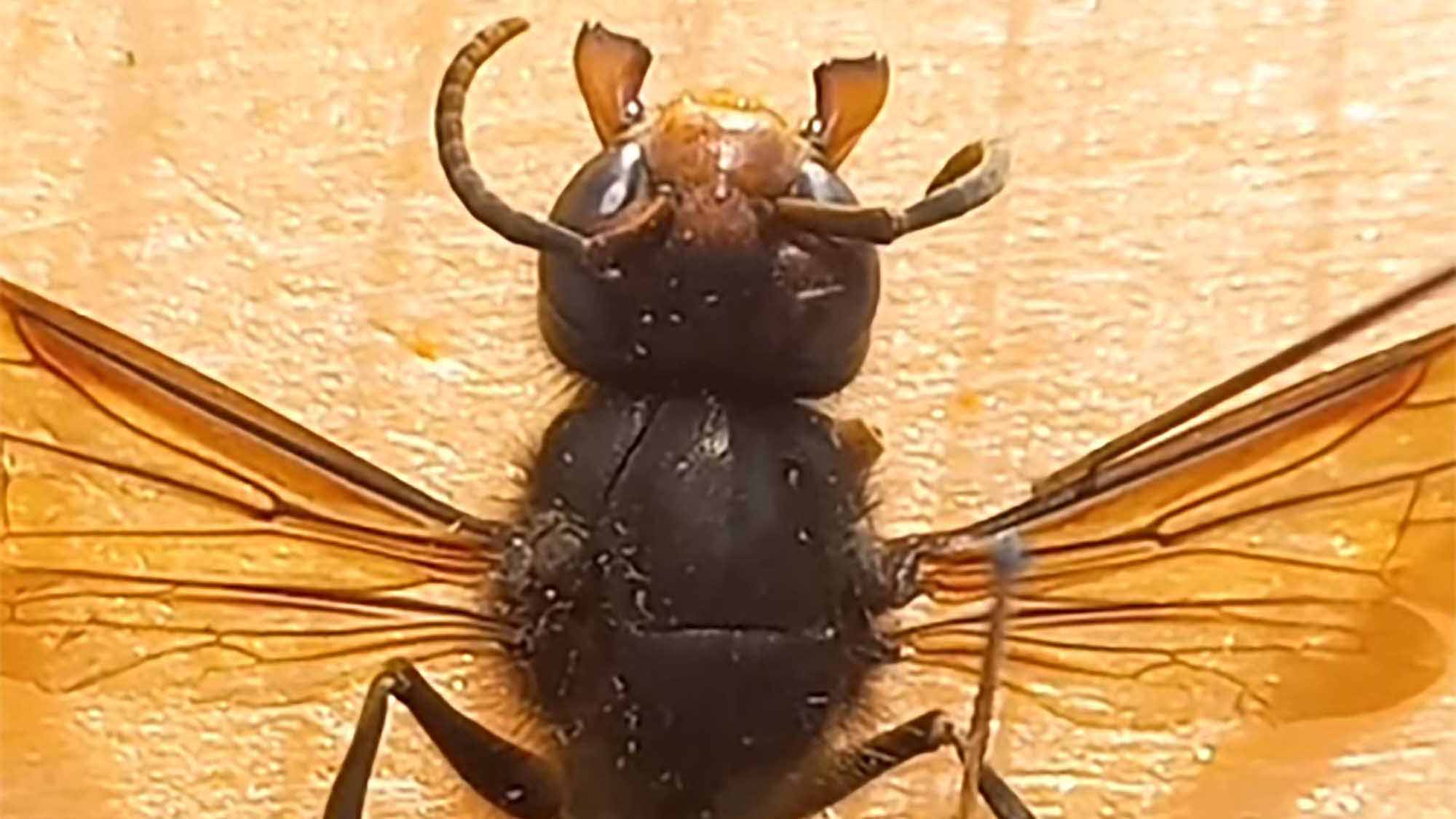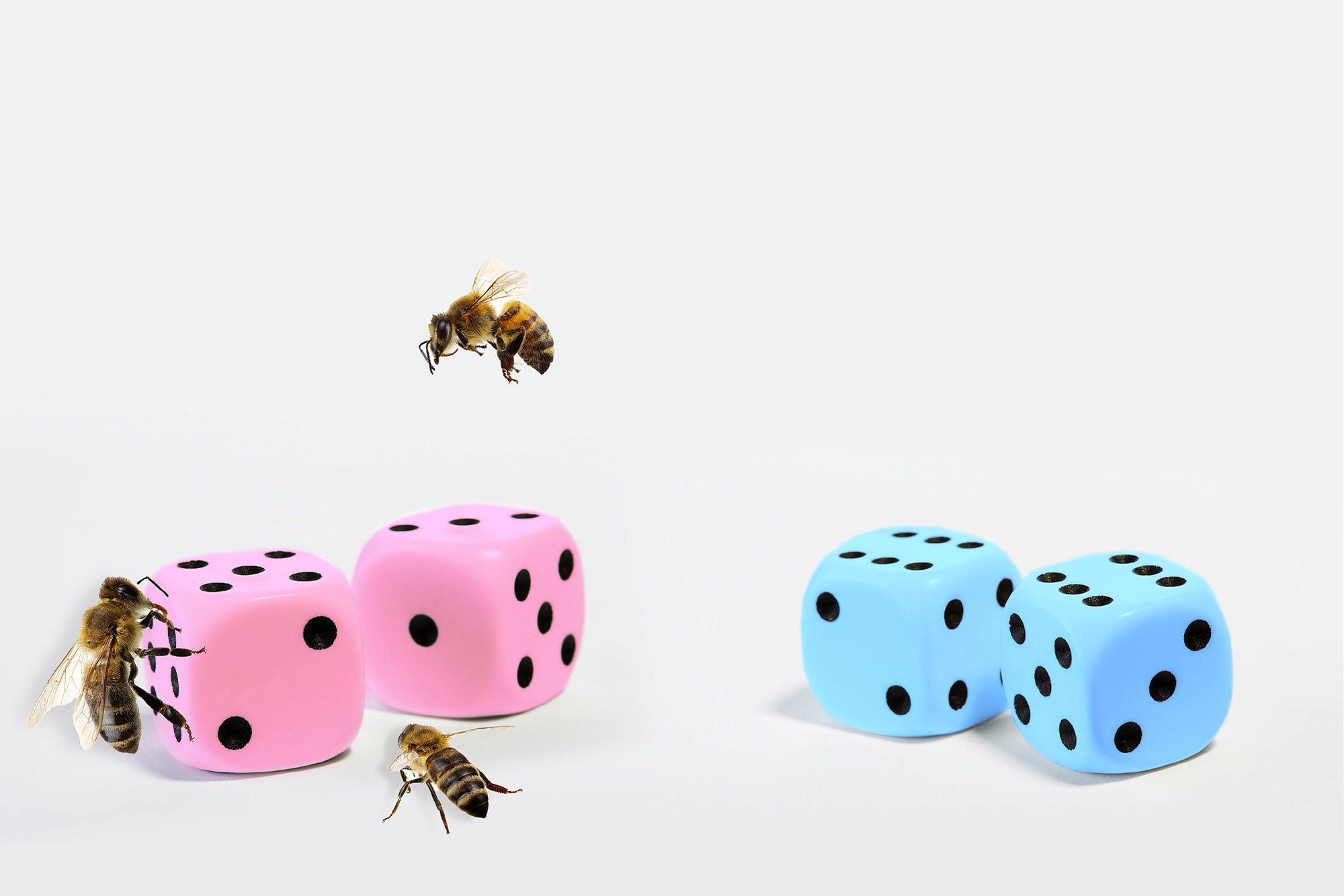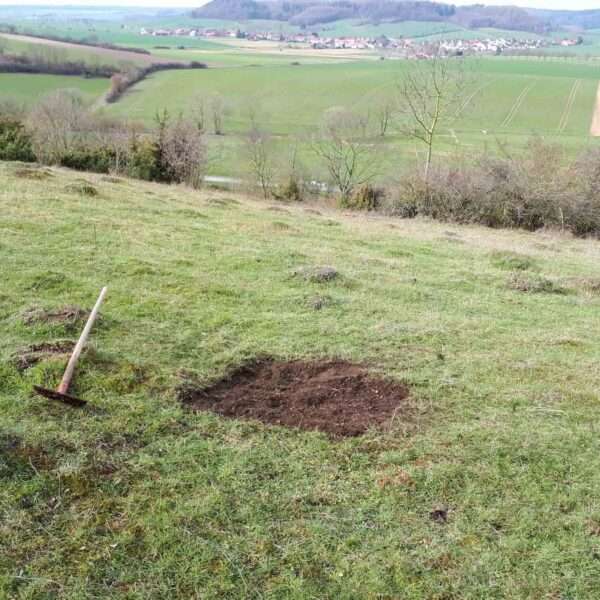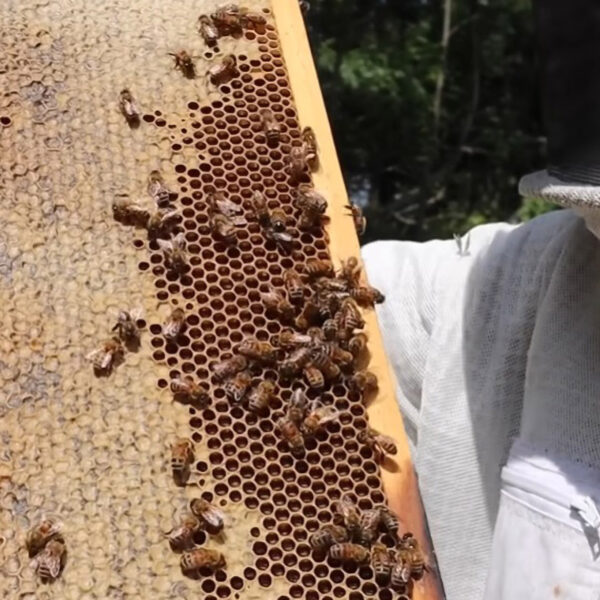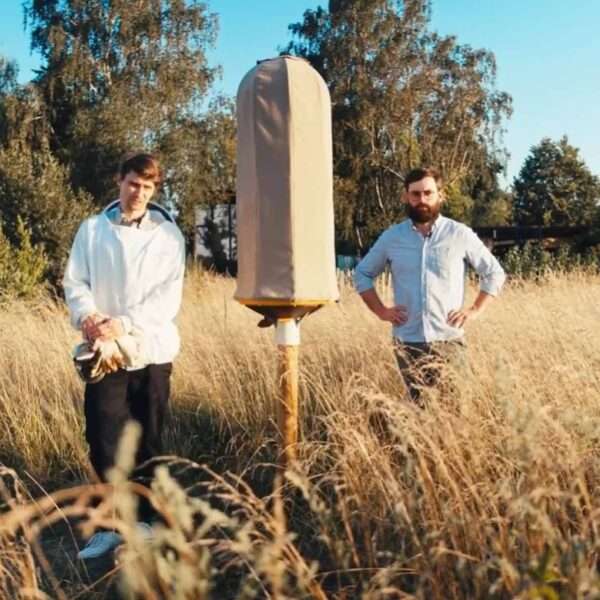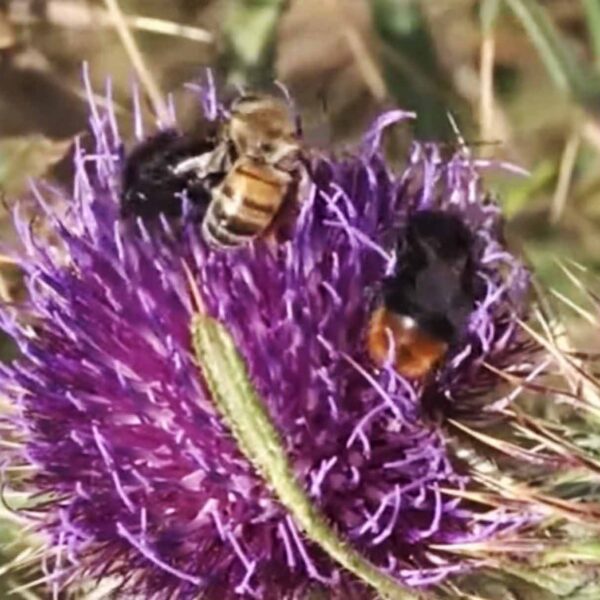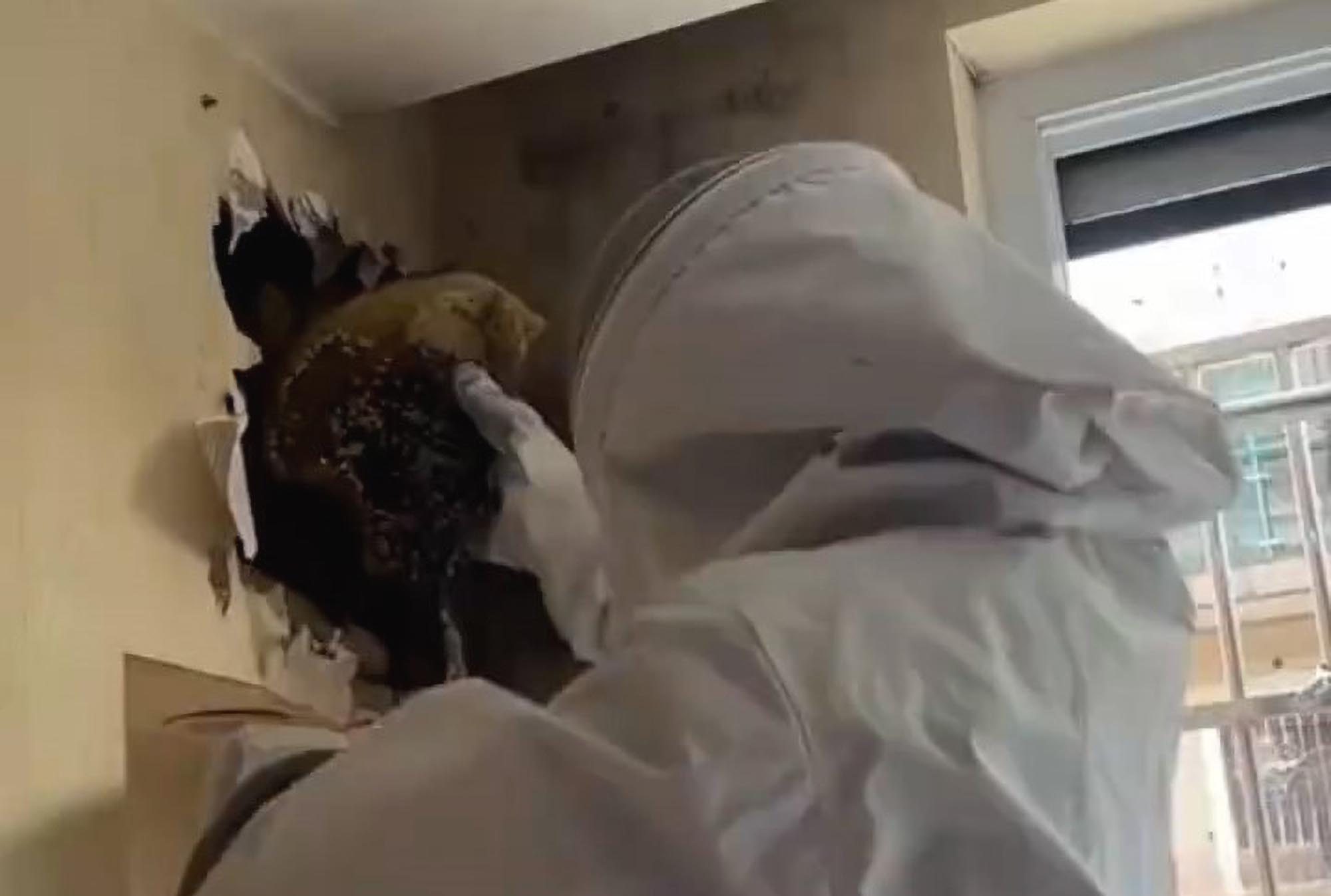The number of solitary bees can rise significantly if the insects find ideal surroundings, a study by scientists in Germany suggests.
Ecologists from Bayreuth University determined that the number of wild bee types inhabiting the local botanic garden soared by around 50 per cent over the past 20 years.
Expert Dr Andreas von Heßberg told broadcaster BR that there had been bees from 147 different types 20 years ago. Now the 13.5-hectare area is inhabited by 214 solitary bee species, he revealed.
Dr Heßberg underlined this figure would confirm that nearly half of the approximately 500 solitary bee species that exist in the Free State of Bavaria could be found in the university’s ecologic-botanical garden. The park is as large as 18 football pitches.
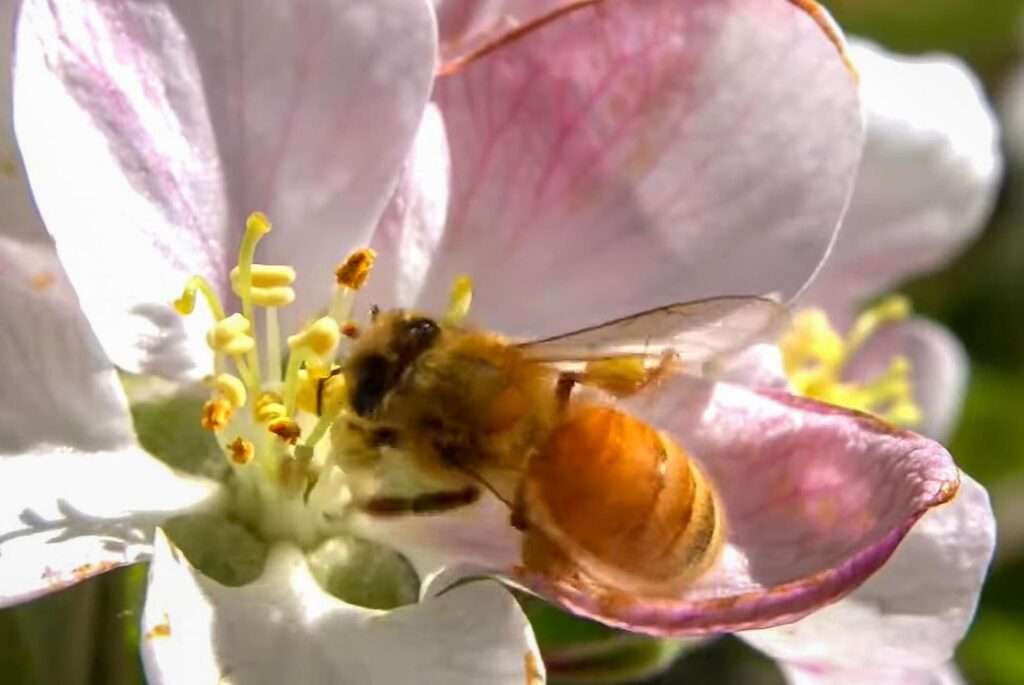
The scientist emphasised that around 50 honeybee colonies could be found in the immediate vicinity of the botanic garden. These circumstances stand in significant contrast to the popular belief that solitary species struggled wherever domesticated bees were foraging.
Bumblebees are essential for balanced ecosystems due to their engaged pollination.
The Federal German Union Of Beekeepers has registered an increased interest in apiculture. Today, the association has 138,000 members who are in charge of 924,000 colonies of domesticated honeybees. In 2012, apiarists based in Germany managed 750,000 colonies.
Experts at the Mayo Clinic, an American research institution, said: “There are about 320 different varieties of honey, which vary in colour, odour and flavour. Honey contains mostly sugar, as well as a mix of amino acids, vitamins, minerals, iron, zinc and antioxidants.”
They point out that these ingredients would make honey not just a popular sweetener but also to treat coughs.
While honeybees can depend on the support of apiarists, untouched meadows in back gardens and near crops can help stabilise fractured ecosystems and save threatened solitary bees. The same applies to wastelands, according to campaigners in Berlin.
Speaking about the great importance fallow grounds in urban areas have for bees, Janna Einöder from the environmental organisation NABU said: “These allegedly useless premises are incredibly important for many animals and plants.”
She explained: “Rare solitary bee species such as certain kinds of sweat bees feel very comfortable on wastelands. They find ideal opportunities to nest there.”
Janna concluded: “Leaving substantial areas untouched is the only way to ensure species richness. Protecting wildlife on large premises is essential. However, comparably small sites are indispensable as well.”

